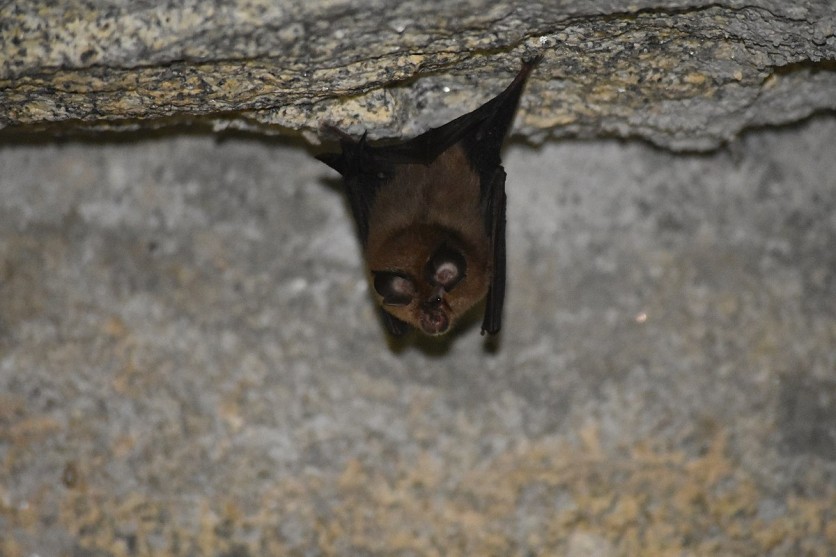COVID-19 cases have been steadily dropping over the past months worldwide, yet there's another threat that could strike fear in humans. Apparently, it is similar to the coronavirus, but there's a catch.
According to the latest report, the researchers discovered it from a Russian bat. Just like SARS-CoV-2, it can infect humans. The scary part about this virus is it can resist the available vaccines.
Khosta-2 Virus is a New Threat to Global Health

According to a report by The Independent, Washington State University (WSU) researchers noted that spike proteins of the Khosta-2 virus are capable of infecting human cells.
The experts added that the newly-discovered virus on Russian bats also belongs to sarbecoviruses, a sub-category where the COVID-19 virus also belongs.
Michael Letko, a virologist from WSU, shared that their study suggests that sarbecoviruses are not just limited to Asia. These viruses can also thrive outside the continent, particularly in Western Russia-- the location of the Khosta-2 virus.
The research unlocks the possibility that global health organizations should create a more powerful vaccine that could bypass the other viruses and not just the current SAR-CoV-2 variants.
While the universal vaccines could only protect humans from the said variants, they do not fully protect us against sarbecoviruses.
"Unfortunately, many of our current vaccines are designed for specific viruses we know infect human cells or those that seem to pose the biggest risk to infect us. But that is a list that's everchanging. We need to broaden the design of these vaccines to protect against all sarbecoviruses," Letko added.
Khosta-2 Can Recombine With Other Viruses
The discovery of the Khosta-2 virus in Russian bats can be traced back as early as 2020. At that time, the researchers concluded that both Khosta-1 and Khosta-2 viruses do not pose some threat to people.
That's until they ran some tests for these Russian viruses and found alarming information about them. Surprisingly, they gained a better understanding of them and how they vary from one another.
The Khosta-1 variant showed a low risk to the individuals yet the Khosta-2 displayed a somehow different outcome during the experiment.
As part of the research, Letko, along with viral immunologist Bonnie Gun and viral ecologist Stephanie Seifert who are also from WSU, witnessed that the current vaccines were not able to neutralize Khosta-2.
The extra test involves serum testing from people who are positive for the COVID-19 omicron variant. However, they saw that the antibodies had no effect on them, as well.
Second paper from the lab is out in PLoS Pathogens! The bat sarbecovirus, Khosta 2, is resistant to SARS2 vaccinated serum and is not fully neutralized by serum from omicron-recovered patients. A fun collaboration with @seifert_steph and @bmgunn31 https://t.co/byxMTazjDd
— FunctionalViromics (@FViromics) September 22, 2022
While the COVID-like virus appears to be lacking the genes that it needs for pathogenesis, the experts are aware that recombination could still take place.
To view the study entitled "An ACE2-dependent Sarbecovirus in Russian bats is resistant to SARS-CoV-2 vaccines," visit the journal PLOS pathogens.
This article is owned by Tech Times
Written by Joseph Henry
ⓒ 2026 TECHTIMES.com All rights reserved. Do not reproduce without permission.




